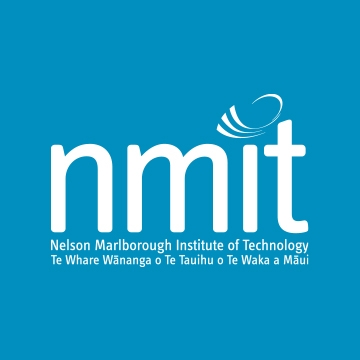The aim of this course is to provide students with the competencies for fire-fighting in a leadership role on board a vessel at sea. This course meets the requirements of STCW 1978 as amended, A-VI/3.

The aim of this course is to provide students with the competencies for fire-fighting in a leadership role on board a vessel at sea. This course meets the requirements of STCW 1978 as amended, A-VI/3.
Course Content:
Topic 1: Control fire-fighting operations aboard ships
Topic 2: Organising and train fire parties
Topic 3: Fire-detection and fire extinguishing systems and equipment
Topic 4: Incident Reports
Learning Outcomes:
Manage, organise and control fire-fighting operations on-board ships at sea and in port, including communications with shore based fire-fighters.
Manage the use of water for fire extinguishing including the effect on ship stability, precautions and corrective actions
Manage ventilation control including smoke extraction
Manage control of fuel and electrical systems
Manage fire process hazards including dry distillation, chemical reactions boiler uptake fires
Manage procedures for fire control on board an oil, chemical or gas tanker
Manage fire-fighting involving dangerous goods, including cargoes and stores
Manage and control injured persons
Prepare contingency plans, organise fire parties and manage strategies and tactics for control of fires on a vessel
Inspect and service fire-detection and fire extinguishing systems and equipment
Evaluate requirements for statutory and classification surveys
Assess causes of incidents involving fire on board a vessel
The Nelson Technical School (the forerunner of NMIT) was set up in 1904 and the building was designed by Stead Ellis, a trained architect and secretary to the Nelson Education Board. The doors opened in 1905, initially offering classes in cookery, engineering, woodwork, commerce, craft, secretarial and plumbing.
The land that the building sits on was donated by Nelson City Council and construction was led by John Scott Jnr at a cost of £1124. In 1930, the Technical School was merged with Nelson College with many part-time hobby classes and a few vocational courses being offered. Nelson Polytechnic officially became a technical institute in 1971.
© 2025 coursetakers.com All Rights Reserved. Terms and Conditions of use | Privacy Policy